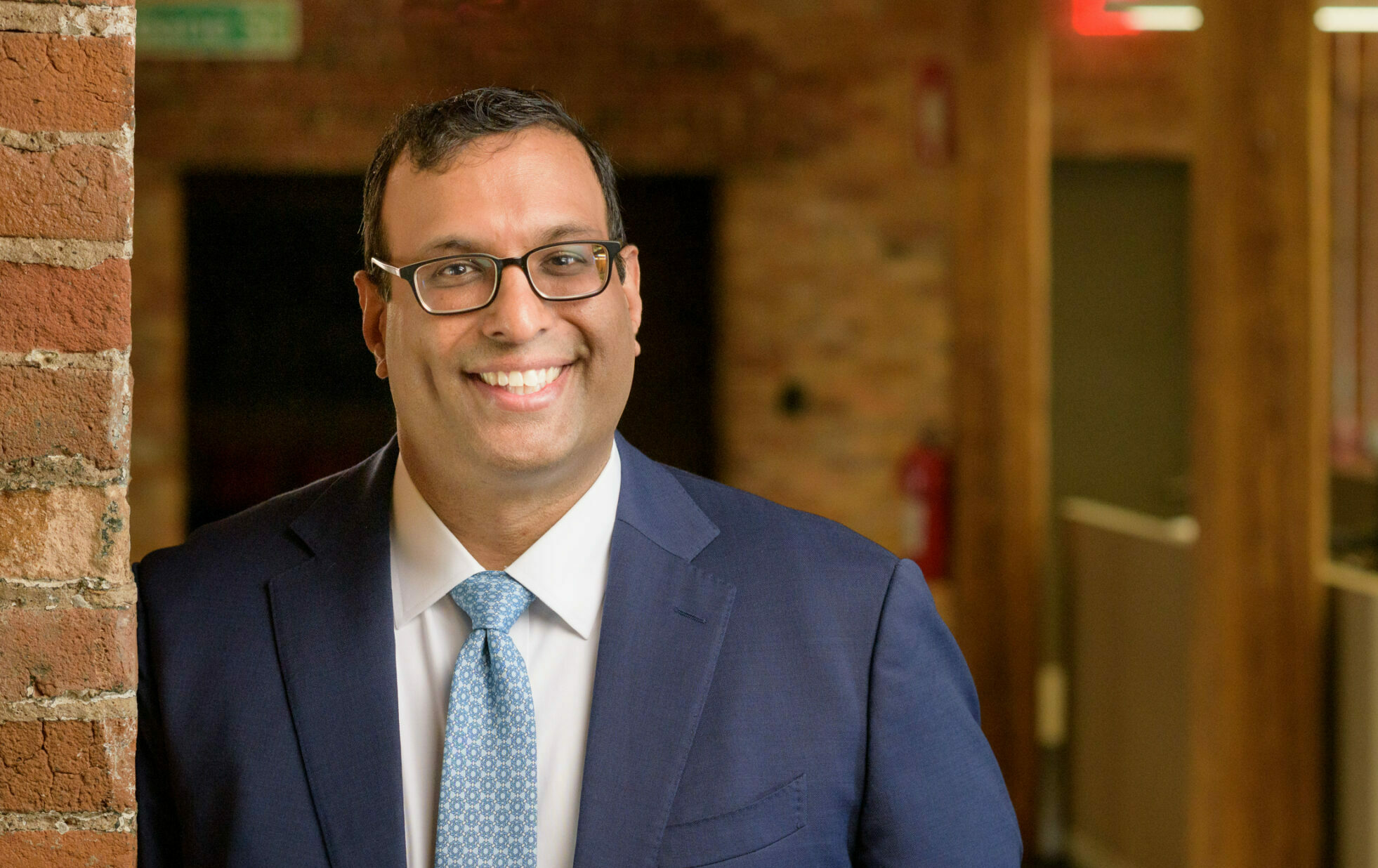The amount of time available to us may be fixed – but how we experience it is not. To harness time, great leaders cultivate relationships.
We’ve all felt the tyranny of time. We face demands to produce more while the pace of change accelerates. Yet time remains a fixed entity: we cannot buy more, borrow, or give it away. Its finite quality means we perceive time as beyond our control. But what if we take a subjective perspective that could enable us to bend and harness time?
When we love what we’re doing, an hour can feel like a minute. In our productivity-driven culture, we may think the solution to bending time is to become more efficient, to leverage technology better and simply find ways to do more. Yet I believe the way to stretch time is, in fact, to engage in that which scales the impact of that minute – whether the impact is felt in terms of increased energy, quicker problem solving, or deeper fulfillment for our future selves. The true secret to bending time is to invest in cultivating relationships. Here are three ways it can work.
Relationships extend our shelf life of relevance
2021 was a great year for me professionally. Yet despite hitting my goals, I had a nagging feeling: what if this is as good as it gets? It is a common feeling. When we go through a major success (or failure) or transition to a new phase – like a CEO moving to a new chapter, or an athlete facing life off the court – the question looms: “In this change, how will I matter?”
Discussing this with one of my students, I said, “At the end of the day, if I accomplish nothing more, I’m so proud of the relationships I have with my students, with my family, friends and clients.” To which she replied: “When you have really good relationships you can never be irrelevant.”
My favorite Coach K statistic is not his legendary number of wins, nor the millions he helped raise for charities. It’s that 96 of his former players came back for his final Duke home game – because of their relationship. Coach K has enduring relevance, even after retirement, because he helped others see and feel how they mattered – a key to cultivating relationships.
Relationships can shorten time
Last year, before traveling to London to be inducted into the Thinkers50 Coaching Hall of Fame, I asked a friend about leaders I should try to meet. Within days, he had arranged a personal meeting with a former UK prime minister. At a time of unfolding global conflicts, their counsel was in great demand, yet they took the time to meet me: not because of my resumé, but because their trusted adviser, my friend, recommended it. The complex challenges and opportunities we face require collaboration. The speed with which we can engage with the right person can become the difference between failure and success. Relationships enable agility.
Relationships create the time to diffuse tough moments
We live in times of all-pervasive polarization. Our short attention spans and quick default to biases can lead to misinterpretation of intent. But relationships create the space to diffuse the heat; they expand time, allowing us to take a step back, reevaluate our assumptions, and return to a more constructive conversation.
In the drive for greater efficiency, time spent on cultivating relationships is often the first casualty. Spending time fostering connection and trust may seem contrary to being productive. Yet it is precisely how we can flourish and produce meaningful impact.




